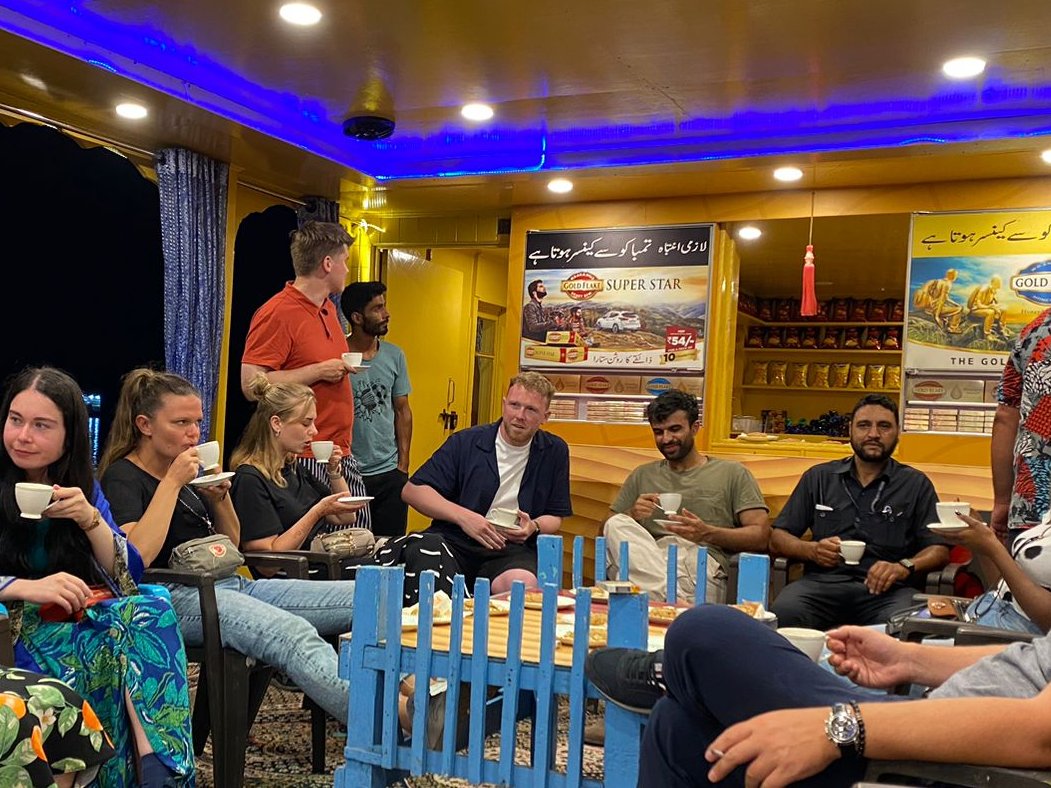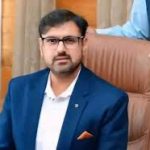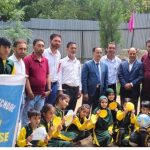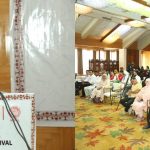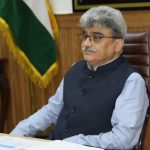Pulwama, Aug 25: The residents of Barsoo village in the Awantipora area of south Kashmir’s Pulwama district have urged the Jal Shakti Department to provide them with a “reliable source” of filtered drinking water.
The village’s filtration plant, established by the department in 1996, has been non-functional since the devastating floods of 2014.
The absence of proper filtration has led to serious health concerns among the villagers, said Adil Manzoor Dar, the Lumbardar of Barsoo. He alleged that for the last nine years, the villagers have been forced to consume unfiltered water sourced from the nearby Jhelum River.
This lack of filtration has raised fears among the residents about the potential outbreak of waterborne diseases such as hepatitis, gastrointestinal infections, jaundice, and cholera.
“Chlorination, which is currently being carried out, is insufficient to render the river water safe for consumption,” he said, adding that the risk to public health is significant.
Adil said the current water supply situation poses a severe threat to the well-being of the villagers. He expressed concerns that the absence of a properly functioning filtration plant could potentially lead to an outbreak of waterborne diseases.
The locals also highlighted another pressing issue: the inadequacy of the existing water supply scheme. “The water supply scheme, established two decades ago, was originally designed to cater to a population of around 400 households, with a capacity of 4000 gallons per hour. However, the village’s population has multiplied over the years, and there are currently around 700 households in Barsoo village,” he said.
This population growth has exacerbated the already-existing shortage of water supply. Facing this scarcity, the villagers have been actively engaging with the authorities at the Jal Shakti Department, repeatedly bringing these pressing issues to their attention.
The residents alleged that despite their efforts, no concrete actions have been taken to address their grievances.
Ishfaq Hameed, Assistant Executive Engineer (AEE) for the concerned area said that water from the scheme is unfiltered but treated. “The water is subjected to sedimentation, chemical dosing and chlorination,” he said, adding that the filtration plant is defunct.
He said that repairing the plant under Jal Jevan Mission is under process, adding that only 40 percent of Barsoo village is supplied water through this water supply scheme.
“The rest 60 percent of the population is supplied good quality and filtered water from two different schemes,” Ishfaq said, adding that a new scheme which is under construction will be made operational within the next two to three months.
Pulwama’s Barsoo village without filtration plant since 2014 floods
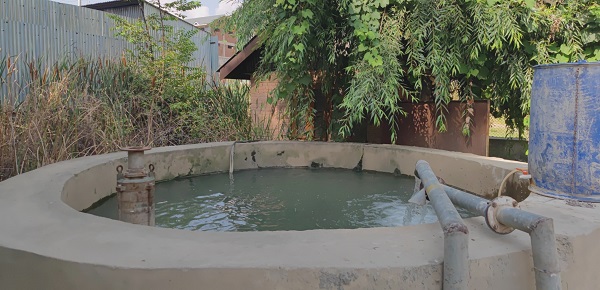
Leave a Comment
Leave a Comment





